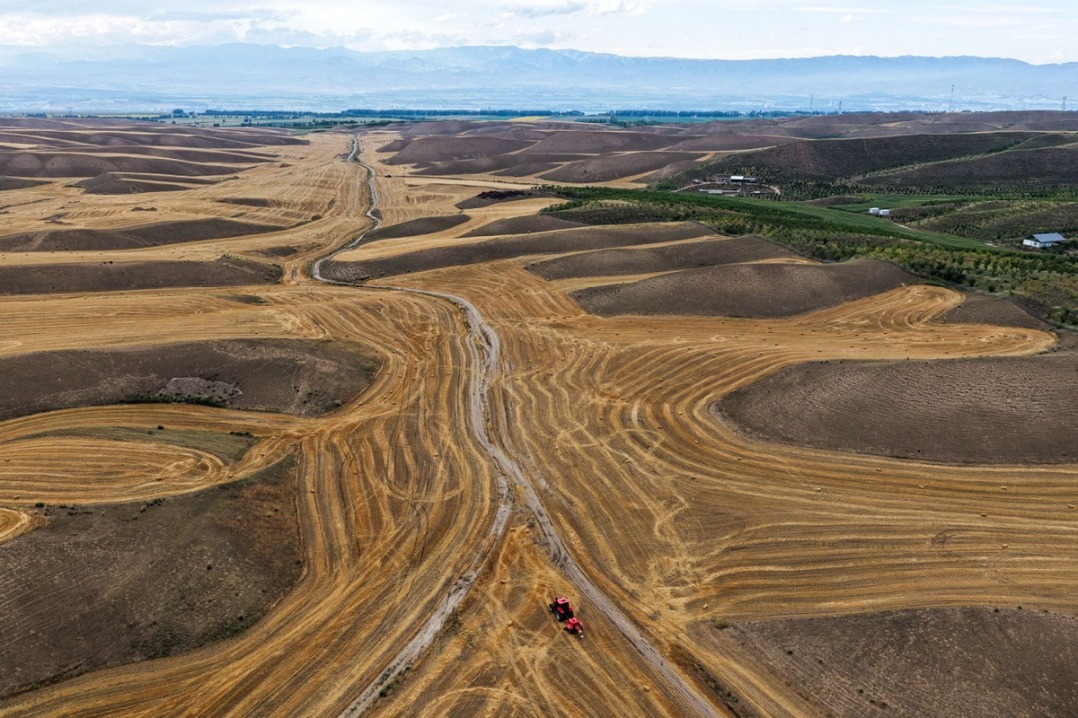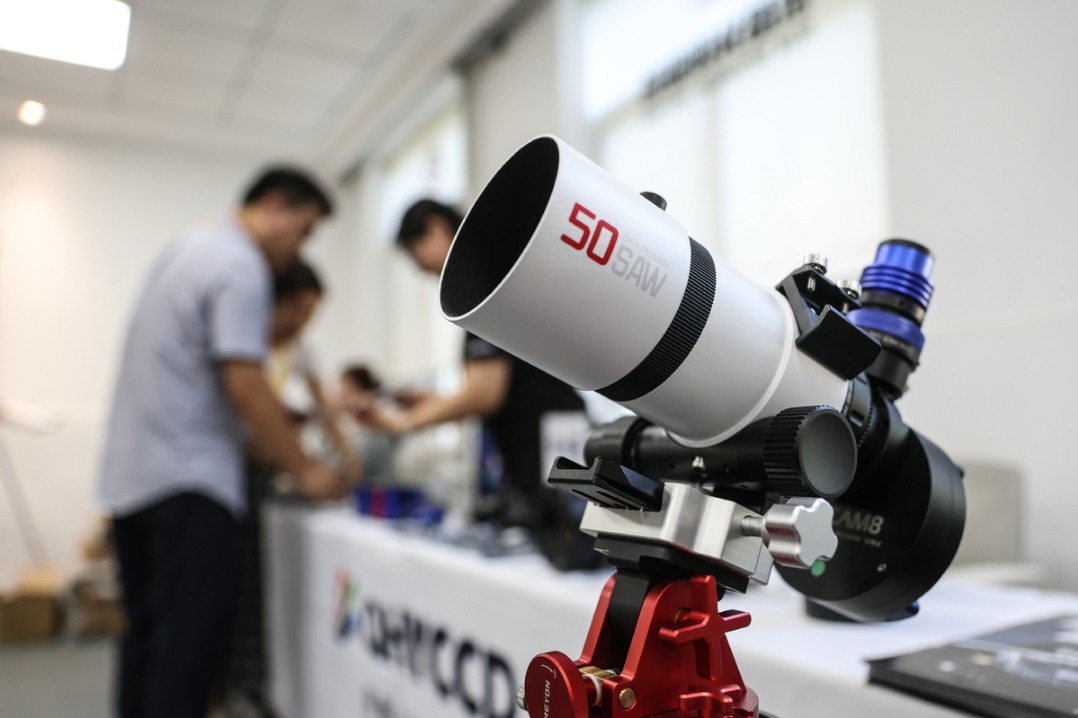Shanghai cleans up waste collection, recycling


The city authorities have introduced a range of programs designed to promote good habits.
Is used tissue paper "dry" or "wet" garbage, and to which category of trash does hair belong?
Those are just two examples of the sort of questions that confused Qi Daolun when her neighborhood joined a trash sorting program that started in April.
The 84-year-old Shanghai resident's confusion was short-lived, though, and within a few days she had become a pro at sorting domestic trash.
Qi, a retired Party cadre, lives with her husband and son in a residential community in the city's Chengjiaqiao subdistrict.
By September, 27 communities in Chengjiaqiao had joined the program of household waste sorting and fixed-time collections. "I didn't take trash sorting seriously before, but now I realize that it is a good thing and everyone should do it," Qi said.
She added that she learned about the different categories of trash at lectures delivered by social workers and volunteers, and, most important, at the neighborhood trash station.
Lin Jing serves as an official on Qi's community committee, and a major part of her job is to implement the municipal government's campaigns to promote better sorting of household waste.
She and her colleagues started educating local people about trash sorting in 2013, using a range of measures to promote the concept.
Earlier this year, they gave lectures to all the households in the 27 neighborhoods and handed every family a trash bin with separate chambers for dry and wet waste.
"We have seen incremental progress in people's attitudes and practice, especially after the neighborhood started the fixed-time trash collection program," Lin said.
When the program was launched, Lin visited the trash station every day to ensure that people used the appropriate bins for dry garbage (general household waste), wet garbage (food waste), hazardous waste (batteries, electronic items and related trash), and recyclables.
She also asked people to make sure they used different bags for different types of trash, and when she disposed of the bags, she opened them to see if they had complied.
"It was a lot of work at first, but it is the most effective way of teaching people about sorting trash and encouraging the right behavior," she said.
Soon, Lin didn't need to visit every day because people had become accustomed to sorting their trash and placing it in the right receptacle.
Even the local security guard volunteered to help by opening the trash station at the designated times-7:30 to 9:30 am and 4:30 to 7:00 pm every day-when residents dispose of their trash and waste treatment companies send trucks to collect it.
- Global influencers explore beer city at Qingdao WCNA
- Heavy rainstorm leaves three dead, four missing in Hebei resort
- Ethnic integration on the grassland
- China renews alerts for rainstorms, high temperature
- Beijing restores power, communications, water-supply to flood-hit villages
- Helicopter sightseeing project takes off over Wuliangsu Lake





































